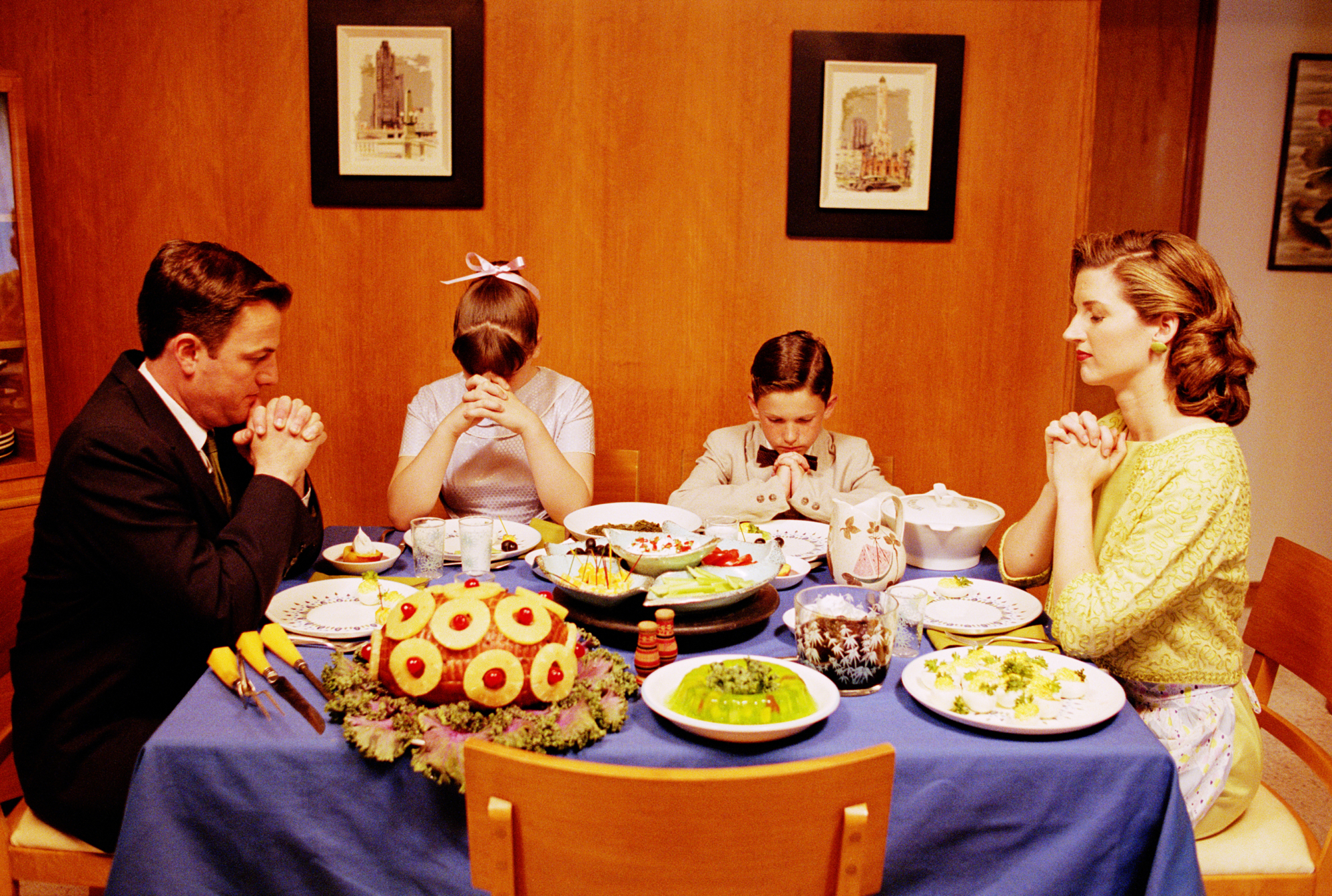
Chill
An Alabama university town like the one I happen to be in today is all business. Herds of students laden with backpacks schlep to class, earbuds in, dodging traffic at crosswalks. The stadium parking attendant must have been NSA in a past life. No way was I parking there without written permission. My out of state license plate branded me as suspect from the get-go. It’s just a parking space, dude. Chill.
Here, summer is full-force. Summers in the south are not to be trifled with. Without the benefit of months of hard frost, we live side by side with mosquitoes, chiggers, and the insidious no-see-um’s that will unapologetically eat the flesh from your bones while you sit on your front porch. My small son once rode a golf cart through a field for 15 minutes and came back with his entire body peppered with seed ticks so tiny we had to use a flashlight and magnifying glass to see them all. Ever tried to tweeze 200 seed ticks off a hot, cranky, squirming toddler? Good times, is all I’m saying.
Summers in Alabama ain’t playing. Old men cut the grass in long sleeves because the sun isn’t particular about sprinkling melanomas far and wide. They wipe their necks with worn handkerchiefs and wave away the flies while the mower sends up clouds of red dust. In church on Sundays, the ladies wave their paper funeral parlor fans in time with the preacher’s cadence, stirring the stuffy air perfumed with talcum powder and hair spray. From the balcony it looks like a synchronized school of fish, their tails flicking to and fro. Summer Sundays in small-town churches have a funny way of reminding you where you’re ultimately headed–ashes to ashes, dust to dust–and how you most certainly better straighten up and fly right lest you end up anywhere near this hot.
In case you missed it, we had an eclipse last week. We happened to be in the path of totality, which was quite a wonder to behold. The moon blotted out the sun in the middle of the day. Yes, yes, it was a bucket list spectacle, but it wasn’t all noble and educational: people in the south were dancing in the street because for about thirty seconds we had some blessed shade.
As a kid in central Florida, summers were for bare feet and swimsuits, running through the sulfur-smelling sprinklers and drinking from the hose when we got thirsty. Weekends were spent on horseback, calves stuck to our horses’ flanks and hands full of mane. I’d come home with the creases in my wrists, elbows, and knees lined with black dirt, the tang of horse sweat and leather as sweet as the honeysuckle we’d pick to lick nectar from the stem.
At least once, our family would pile into the station wagon and head north to the Gulf Coast, where my grandparents lived before the condos, go-carts, and mini golf outfits modernized everything. We were overheated and irritable, arguing over who had to sit on the hump and who hogged all the scupernongs from the last roadside stand we passed. Round about Gainesville, in a little town called Fort White, we’d start to see piles of inner tubes along the highway and my dad would stop to lash several to the top of the car. It seems God, having made the intolerable summers in the first place, had provided an oasis for weary travelers and sun-scorched southerners. Itchetucknee Springs stays the same cool 70 degrees year-round, its crystal waters a tonic for the parched and perturbed. We lashed our tubes together and rode the current down the river, while a watermelon chilled in the cooler in the car. It made us nicer to each other the remainder of the trip.
Once we reached Panama City, my grandparents endured no extravagances like air conditioning. This is why southern coastal houses had sleeping porches, where you could escape the stifling indoors and retreat to the sticky and humid outside. Summer gardens are in peak production in the south, and my grandmother canned everything that sprouted from the sandy soil. An afternoon of canning peaches, tomatoes, okra, and pickles made the tiny formica kitchen steamy, the heat itself wafting out the screen door trying to find a cool spot. There must have been some old video footage of us lugging jars from the shed to the furnace that was that kitchen. I’m convinced that’s where the ludicrous idea of hot yoga originated.
It’s easy to get all out of sorts in the heat and traffic. I was just in Atlanta rush hour a few days ago, and I’m sure my blood pressure jetted skyward several points. Outrage is the emotion of the year and tempers seem to flare at every real or perceived injustice. We foam at the mouth over politics, co-workers, and uncooperative toddlers or teens. When you add humidity-hair, sunburn, and swollen fingers to the mix, it gets ugly. My phone actually turned itself off because it got too hot the other day. Even the technology is rebelling!
I found an acceptable parking space in a nearby Starbucks, where as it turns out, a reminder appeared. Near her grandmother, a sprite of a little girl sat swinging her legs. She was dressed in a filmy cotton-candy-colored tutu with jeweled Cinderella slippers because that’s what you wear on a Monday in August when you’re four. She giggled and smiled and clack-clacked across the floor in those slippers to fetch a napkin for her grandma, and every head in Starbucks turned to smile at her. She radiated delight.
What would happen if we traded our collective outrage for delight? If despite the heat, traffic, and 1,000 every day annoyances, we found one small thing to delight in? Maybe you don’t need to don a pink tutu, but eat your favorite flavor of popsicle, ride a bike, or belt out a song in your car. Breathe. Come in out of the heat, eat a home-grown tomato and a piece of chess pie and chill.

